News
News Archive
- ‘Amid the Hills of Redesdale’ community radio play released!
- A Fantastic Year for Redesdale!
- Archaeological Excavation report produced for Bellshiel
- Archaeological Excavation report produced for Yatesfield enclosed settlement
- Archaeological Survey Report Published For Ancient Settlement At Rattenraw
My Revitalising Redesdale: The Bees’ Needs!
July 17, 2020
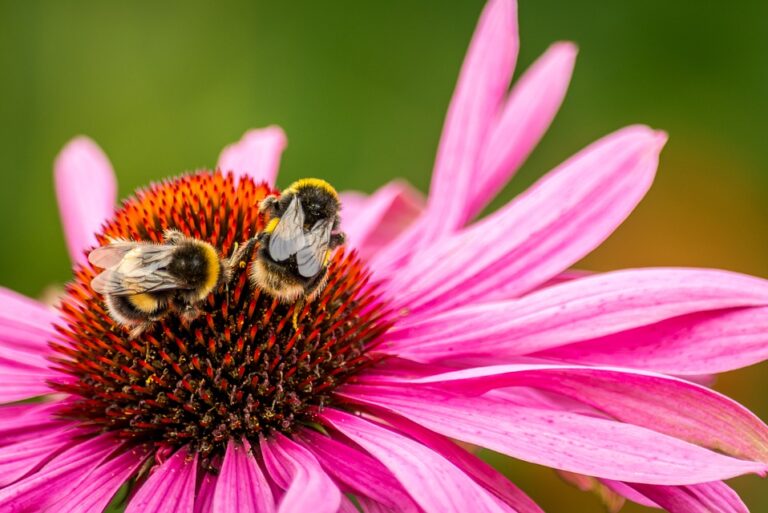
This week, 13-19 July, is Bees’ Needs Week; an annual event where government, charities, businesses, conservation groups and academic institutions work together to raise awareness of bees and other pollinators. Find out more about the event through the Bumblebee Conservation Trust website.
If you don’t already find bees fascinating, let me outline five reasons why you should have huge respect for these busy little critters:
- The UK is home to more than 270 species of bee but only one produces honey, the Honey Bee: Apis Mellifera.
- We would be very hungry without them. The Department for Environment, Food, and Agriculture estimates that bees contribute more than £500 million a year to UK agriculture, through improving crop quality and quantity.
- The honey bee has 5 eyes, 3 on the top of its head and 2 on the side. That said, their eyesight is pretty poor and they are known to crash land frequently…
- It takes far more effort than you might think to produce one jar of honey. 12 bees will only produce a teaspoon of honey in their entire lives. For every 1lb jar of honey, the bees would have flown 55,000 miles or 2.2 times around the world!
- The drones are male whose sole purpose is to mate with a queen. They only mate once in their short lives as the process kills them! During copulation their sexual organ gets ripped off and they fall to the ground and die from the injury.
Why do we need bees?
Insect pollinators are essential for much of our food, for our environment and for biodiversity. They are essential for seed production by wild plants as well as flowers, vegetables and fruit grown on farms and in our gardens. Pollinators support healthy (and beautiful!) ecosystems, particularly by helping plants to produce fruits and seeds which birds and other animals rely on.
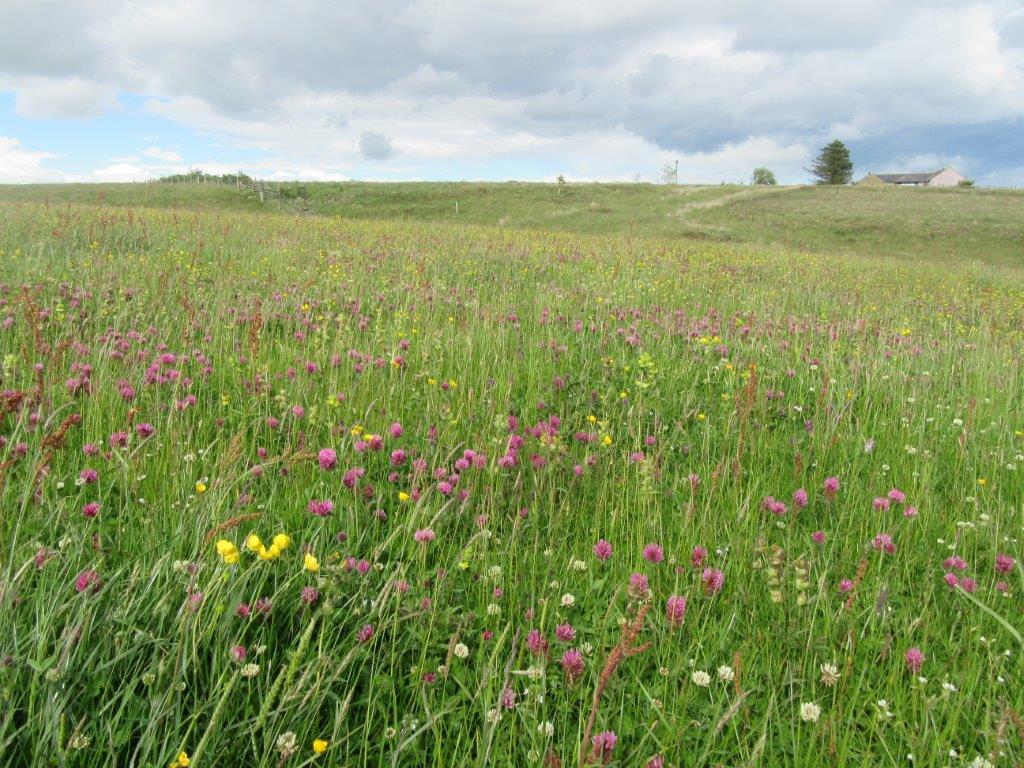
Bees are, perhaps, the most charismatic and recognised pollinators but there are tons of others! Pollinating insects include honey bees, bumblebees, solitary bees, wasps, hoverflies and other flies, butterflies, moths and beetles.
Why do bees need our help?
Globally, most pollinating insects have experienced declines since the 1980s. Unfortunately, the picture in the UK matches this worrying pattern. A recent study showed that “every square kilometre in the UK has lost an average of 11 species of bee and hoverfly, between 1980 and 2013” (BBC) and the “the number of widespread butterfly species fell by 58% on farmed land in England between 2000 and 2009” (The Guardian). Intensive agriculture, urbanization and urban spread, and climate change all contribute to these declines.
That these declines are driven by so many factors tied to our daily lives is both bad news and good news. There is no one solution but we can all help, even in very small ways! That is the motivation behind DEFRA’s Bees’ Needs Week, to highlight the plight of our pollinating friends and what we can all do to give them a helping hand.
For a start, here are five simple actions you can take to help bees and other pollinators:
There are loads more resources and suggestions for how you can get involved on the Bumblebee Conservation Trust website, as well as specific information sheets for farmers, gardeners, and land managers of every type.
Revitalising Redesdale’s Re-flowering Redesdale project is working with farmers, land-owners and local communities to restore and enhance the floral diversity of Redesdale, creating a network for pollinators. A great example of this is at St Cuthbert’s Churchyard, Corsenside, where local community members have established a scything group to manage the churchyard for wildflowers, using the traditional method of scything.
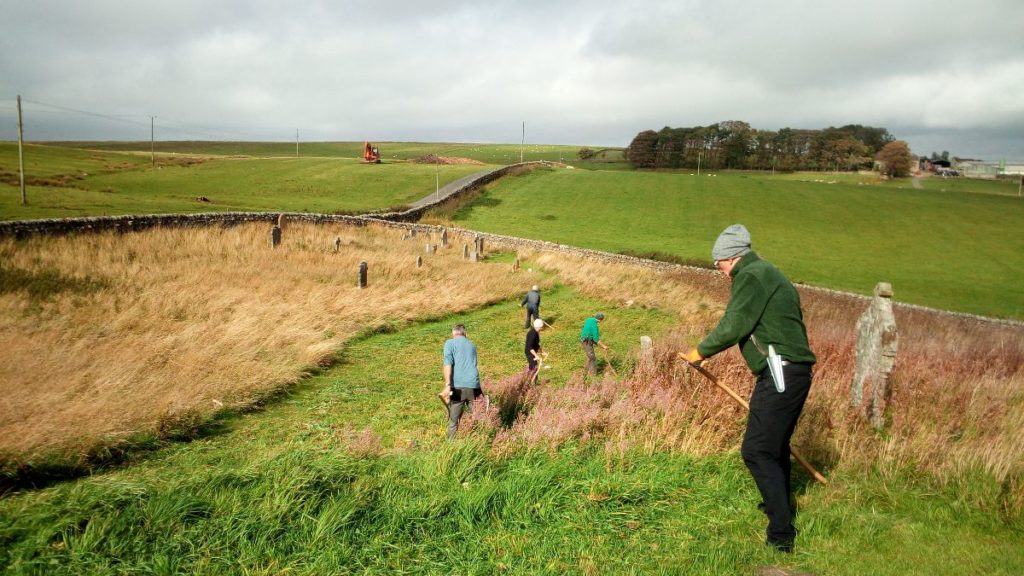
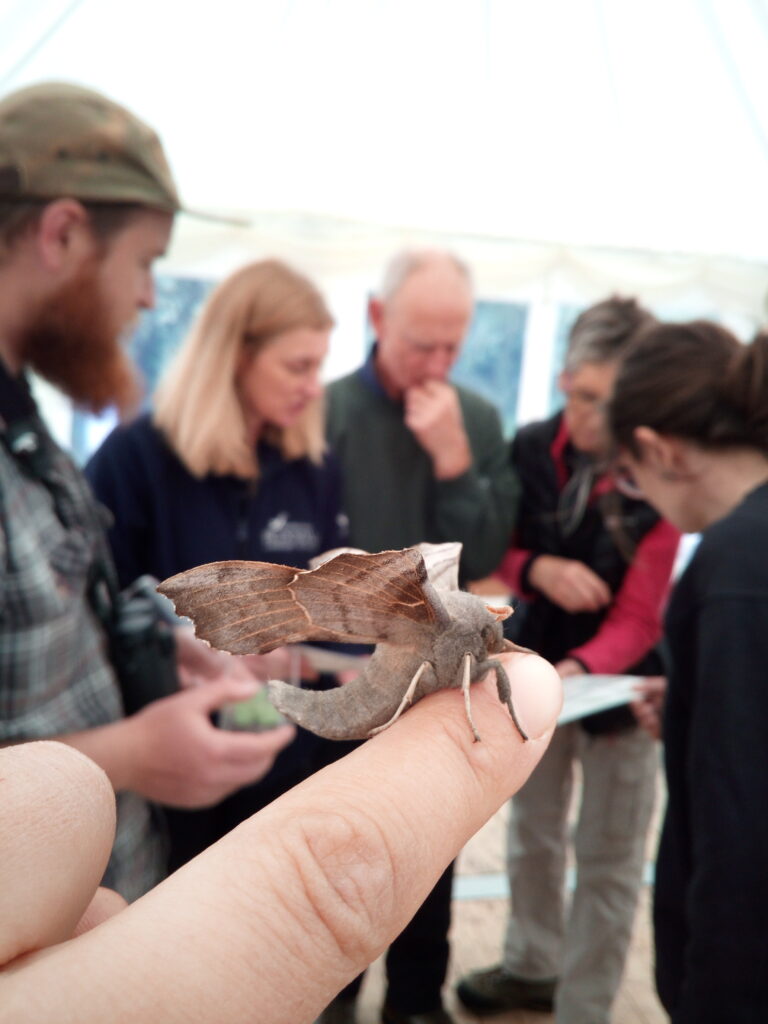
Our Rediscovering Natural Redesdale project aims to help residents and visitors to Redesdale identify and record the wildlife around them. We are working with the Environmental Records and Information Centre North East to boost the recording of pollinators, as well as all wildlife, because we cannot protect what we don’t know is there!
We are also working with the Redesdale Beekeepers Group to fund their project to establish a conservation apiary near Byrness. This will be a haven for the native honey bee, apis mellifera mellifera, which was once thought extinct.
If you are interested in getting involved with either of these projects, please get in touch with the Revitalising Redesdale team.
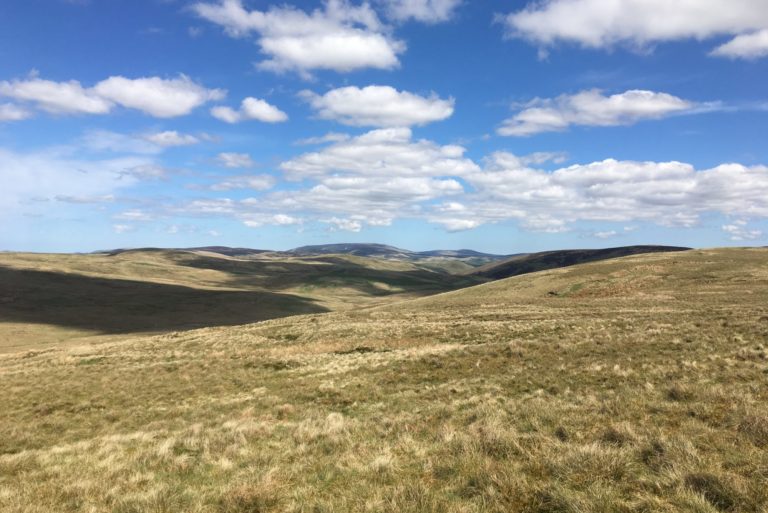
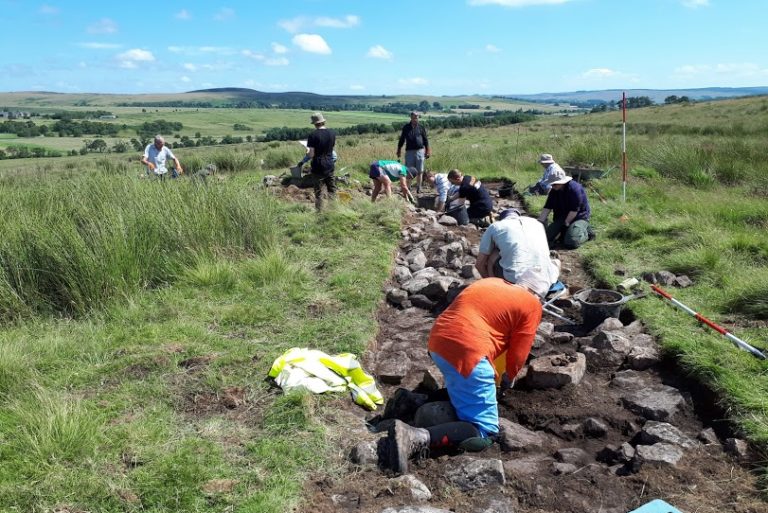
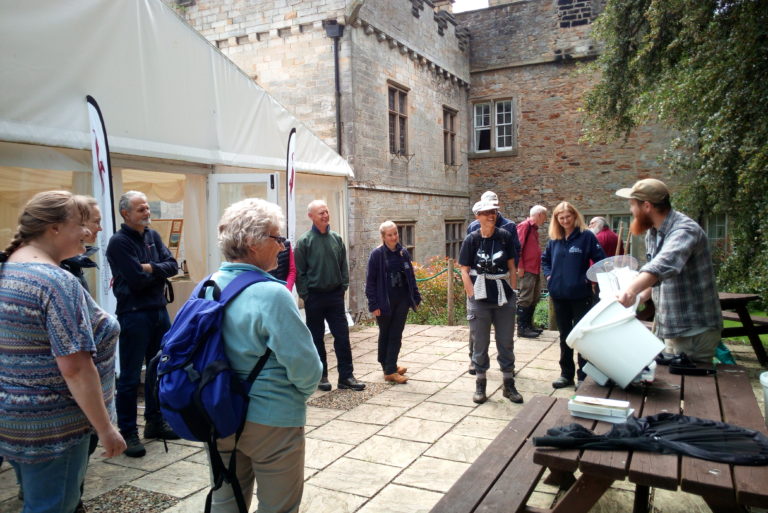
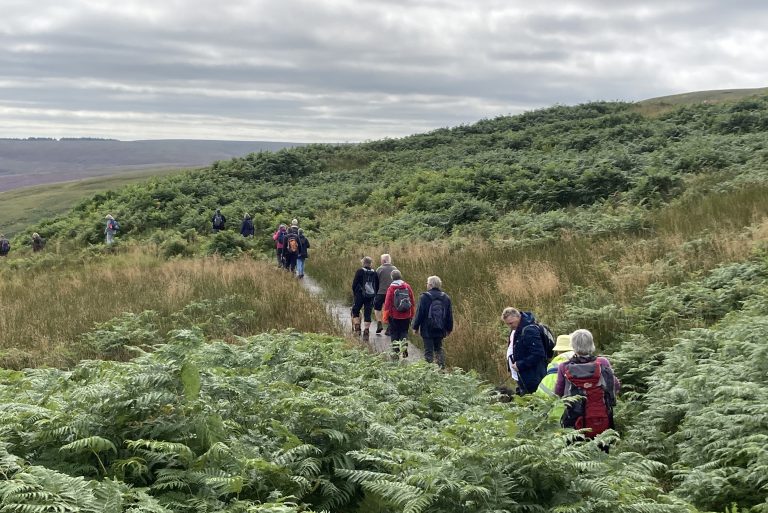
Your article helped me a lot, is there any more related content? Thanks!